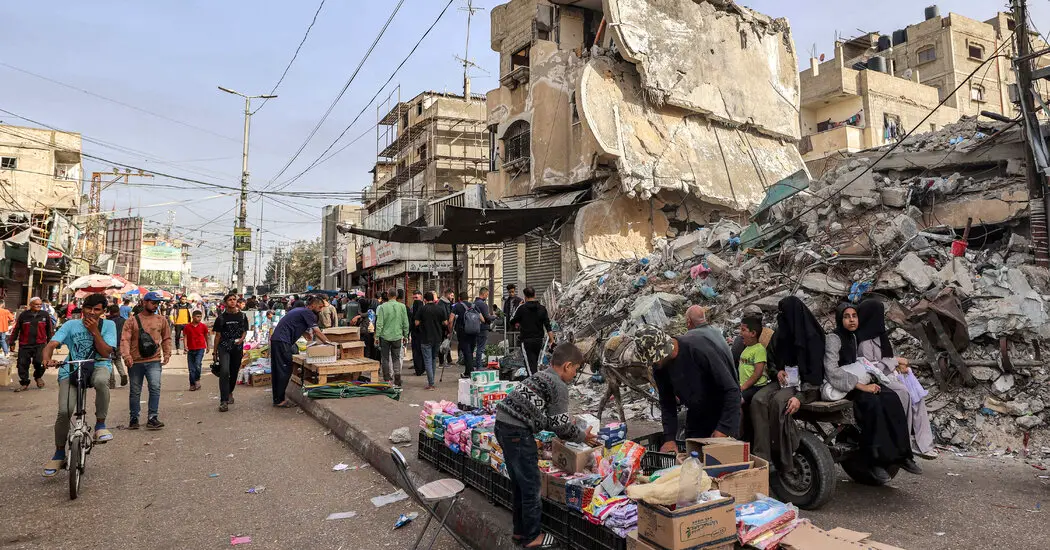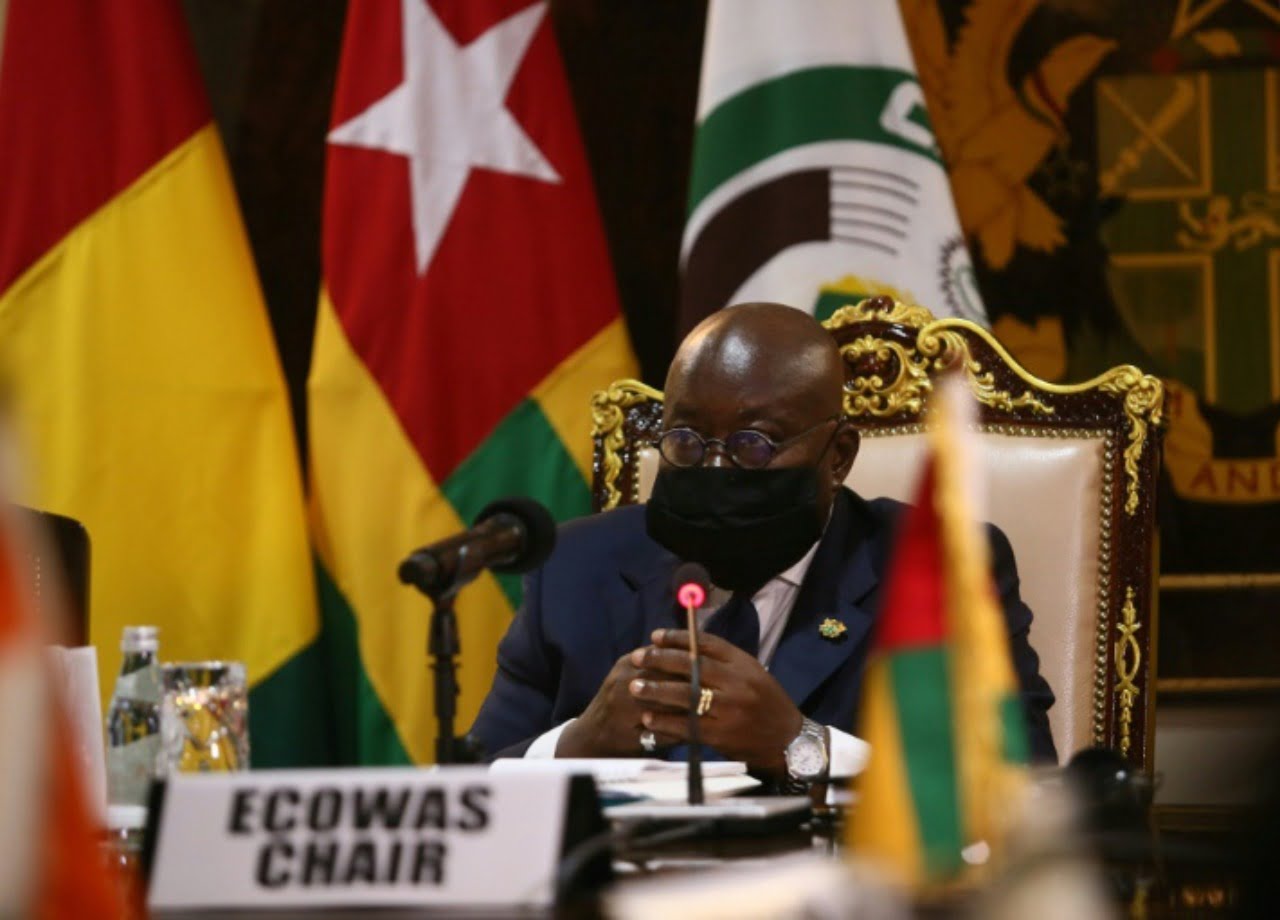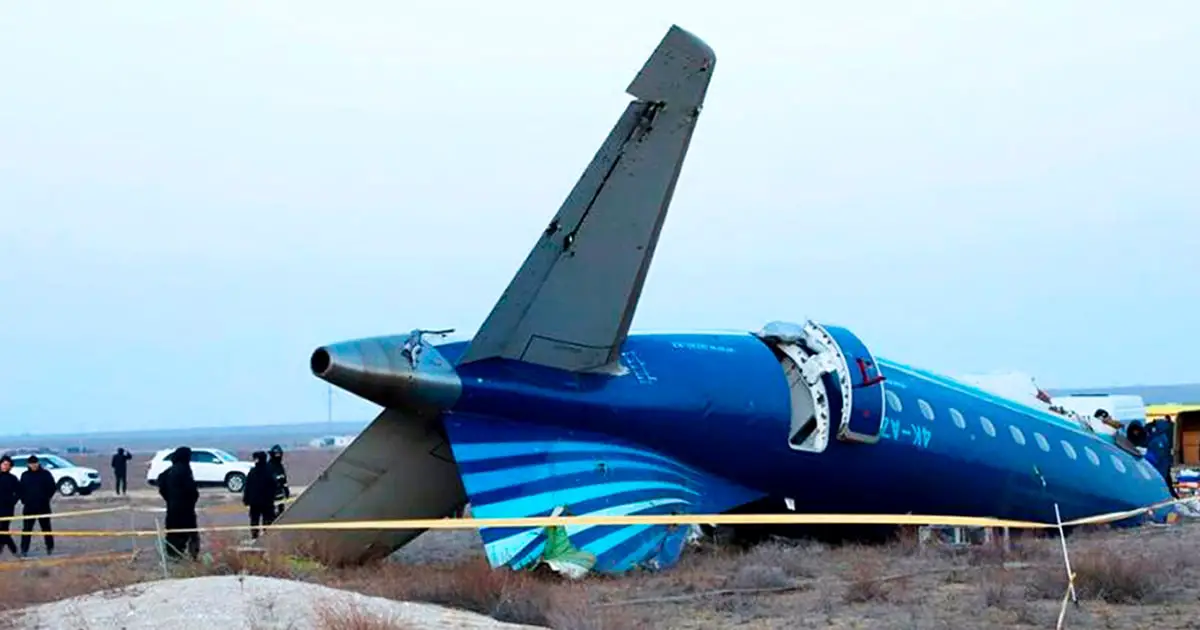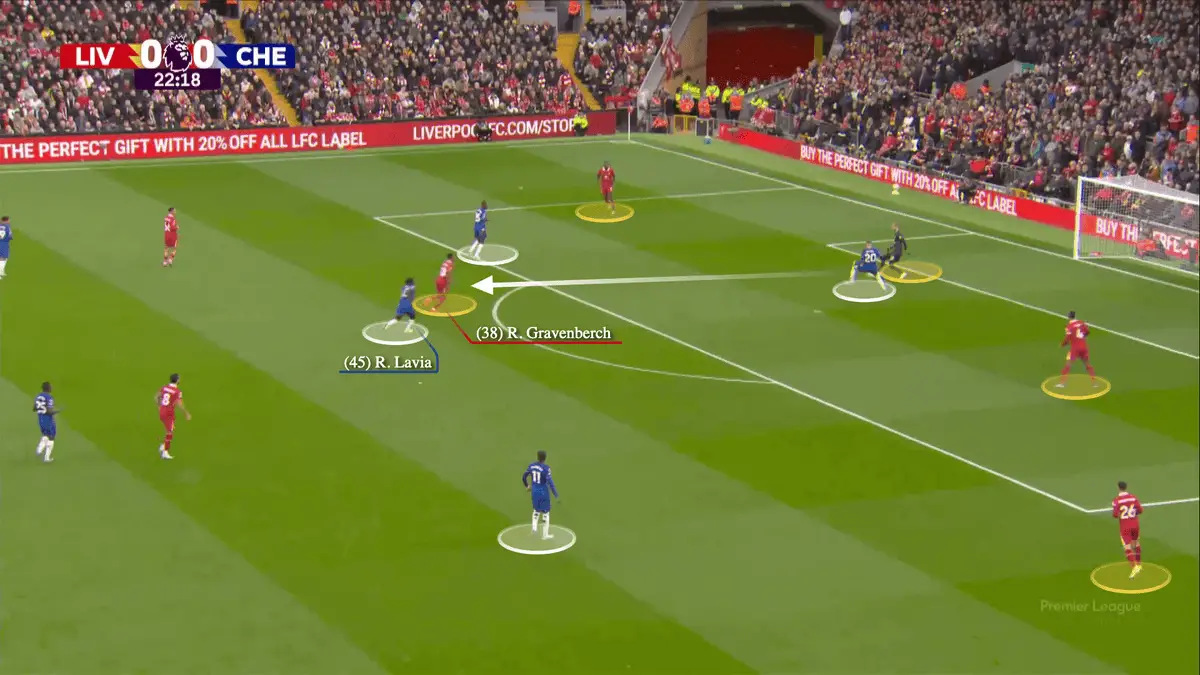
The Biden administration has repeatedly urged Israel to hold off on a major military assault on Rafah, including in a virtual meeting last week. During that meeting, U.S. officials evaluated options for the attack presented by Israel, but were not convinced that those plans met President Biden’s insistence that any operation be calibrated to minimize civilian casualties, according to a White House statement.
At a news conference in Washington on Tuesday, David Satterfield, the U.S. special envoy for humanitarian issues in Gaza, reiterated the Biden administration’s concerns about Israel’s plans to invade Rafah.
“We could not support a Rafah ground operation without an appropriate, credible, executable humanitarian plan,” Mr. Satterfield said, warning that an invasion would complicate aid deliveries and displace civilians who have already been uprooted multiple times.
“Where do they go?” he said. “How will their needs be met — shelter, medicine, water, sanitation?”
Al-Mawasi has previously been struck by the Israeli army, according to Palestinians in the area. Israel has accused militants of firing rockets from Al-Mawasi.
“There’s no safe place,” said Mr. al-Hassi, the medic sheltering in Al-Mawasi. “I’m someone with no hostility toward Israel or anyone in the world, but I can’t guarantee that the building, the land, or the car I’m next to won’t be targeted.”
In Rafah, Rajab al-Sindawi, a secondhand clothing salesman who had fled there from Gaza City in the north, said he was feeling anxious as he, his wife and their seven children squeezed into a small tent on a sidewalk.
“The people are all waiting to hear how they will move us,” he said.
Michael Levenson, Anushka Patil and Lauren Leatherby contributed reporting.






